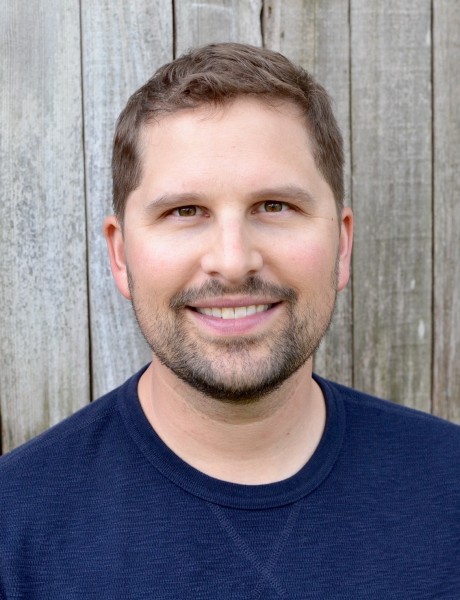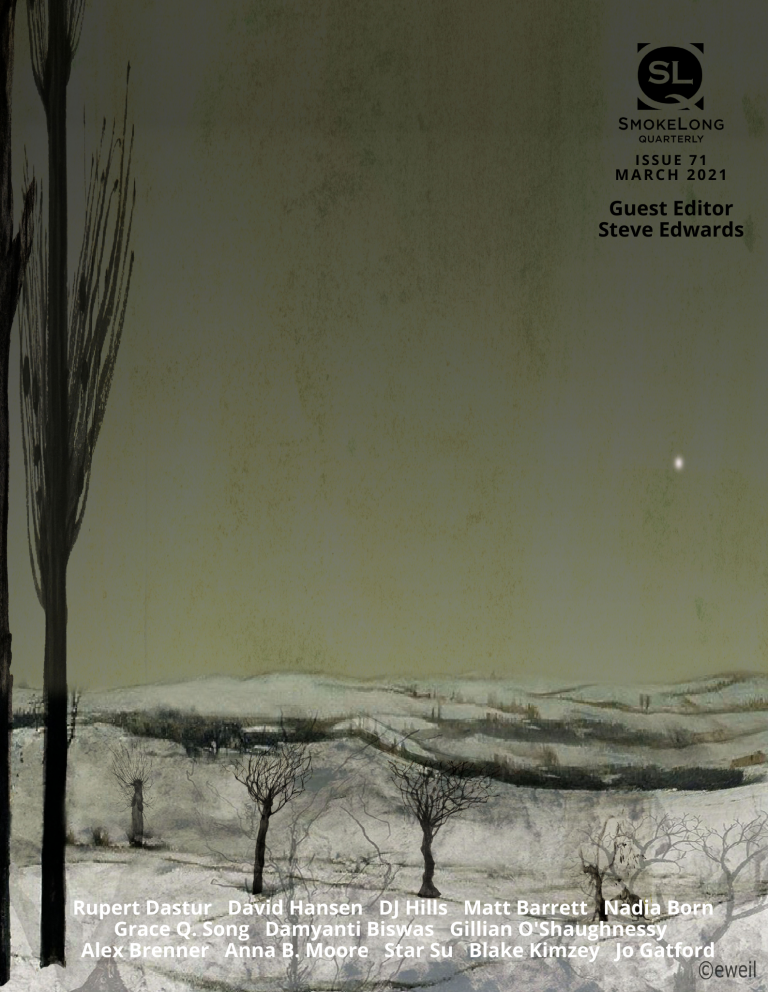What is it like to be fixated somewhere, then leave that place, then return to that original place? Have you experienced this or known someone who has?
Grief is one of the few things that truly allows us to know two places at once. I grew up in a small town in North Texas (1200 people, blinking light). My mom died when I was ten and the following summer my dad sent my older brother (thirteen) and myself to Australia as unaccompanied minors for two months. We stayed with family friends from New Zealand living in Sydney. It was the time and distance we needed from the small town where when anyone looked at us their heart broke (I’m one of four boys and my mom wasn’t yet thirty-nine when she died). For the first time I also understood the fleeting thrill of being in a place where you can be anyone at all simply because you’re new, unknown. Grief is a public spectacle in a small town, and for this reason you’re always known. So I’ve long been fascinated with flight and return, how the journey shapes and changes the character. When we got back to Texas after a summer in Australia, we were changed. The town was the same, but I wanted the before and the after to exist simultaneously, something as impossible as bringing my mother back to life.
Have you been to the community where the narrator in “Head On” lives? Are you the type of writer who could live in a remote place like this?
I am fascinated with small towns like the one in this story. When my family drives from Dallas to Colorado to ski, we go through a bunch of tiny dots in the panhandle, in northeast New Mexico, in southern Colorado. I’ve driven through part of every state except Maine and Alaska. When I come to a town like the one in this story I go five below the speed limit just to observe, to wonder what it must be like to make a life in the middle of nowhere. I grew up in a slightly larger town than the one in this story, but we could still ride four-wheelers on the farm to markets, shoot guns three hundred degrees around our house, and feel generally in the middle of nowhere. But there are levels of this, and I don’t think I could live in a town like the one in this story simply because I have come to depend on the grid (he says, from grid-busted, frozen Texas).
This piece orbits the realm of domestic conflict like your other fiction I’ve read. I’ll reference your piece in Hobart about the dad accidentally blowing off his thumb with fireworks, and your chapbook, Families Among Us, which examines the domestic under a fantastical microscope. What element of domestic, family-centered stories do you find the most intriguing?
In fiction I write toward things falling apart. I wasn’t able to write about families until I became a father. I’ve written a lot about brothers because I have three of them. Despite all of our best efforts, sometimes we don’t know how to love someone the way they need to be loved, and the distance between feeling loved and understood is where the tension resides in my work at the moment.
As the founder and director of Writing Workshops Dallas and Writing Workshops Paris, what advice do you have for recovering academics (i.e., MFA program grads) who want to engage with creative writing off-campus, but might not know where to begin?
After grad school, my wife and I moved back home to Texas. As new parents, we couldn’t afford southern California. Back in Dallas, I got a day job at an engineering firm and also taught fiction at UT-Dallas at night. During this time, I mostly sulked. I missed the sense of possibility in southern California where it seemed like all of the creative energy was pointed in the same direction. Then I heard a podcast in 2015 (wish I could remember the show) where the guest said you have to love where you live, and if there is something missing where you live, then you must find a way to create it. I chewed on this advice for a couple of years before launching Writing Workshops Dallas (now fully online as WritingWorkshops.com). A few years later I got the idea for a summer workshop in Paris because I had lived and worked there as a bicycle tour guide in my twenties. As writers we face the blank page alone when nobody (in most cases) is asking for the thing we’re working on. And yet we persevere. And we need community, which is what I hoped to accomplish by founding a literary organization. So I would suggest simply getting involved and participating in the community you want to be part of. Not everyone can live in NYC or LA or Portland, but there are writers hungry for community everywhere. For me, in Dallas, this meant going to lots of events and being a new face for a long time before I felt bold enough to launch an independent writing workshop. So don’t be afraid to reach out. Your peers in the literary community are searching for the same thing.
Alright, we have to know: Have you encountered a UFO?
I have been on many campouts where I’ve wanted to believe the night sky is teeming with UFOs. I blame E.T. for getting my hopes up. I believe they are out there, and I’ll keep looking.


